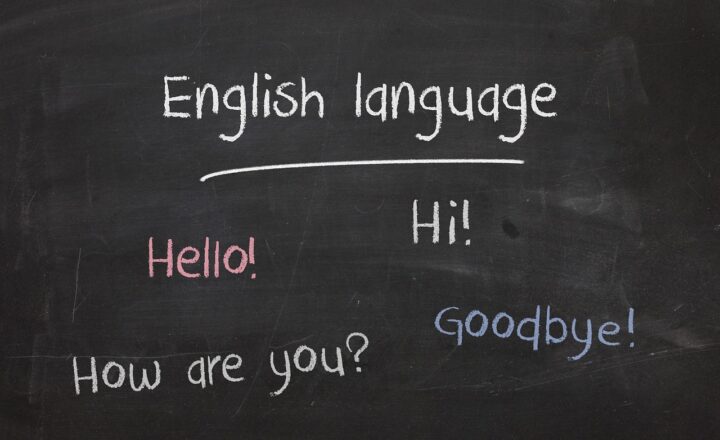The Most Common Polish Expressions and How to Use Them Correctly
November 12, 2024

Language is a powerful tool that helps us connect with others, and learning expressions in another language can deepen our understanding of that culture. Polish, with its rich history and expressive nuances, offers an array of phrases that can enhance your communication skills. In this article, we’ll explore some of the most common Polish expressions, their meanings, and how to use them correctly in everyday conversation.
1. Cześć! (Hello!)
One of the simplest and most widely used expressions in Polish is “Cześć!” which means “Hello!” It is an informal greeting suitable for friends and acquaintances. Use it anytime you meet someone and want to start a friendly conversation.
Example Usage:
– “Cześć! Jak się masz?” (Hi! How are you?)
2. Dziękuję! (Thank you!)
Expressing gratitude is essential in any culture. In Polish, you say “Dziękuję!” which translates to “Thank you!” This phrase can be used in any situation where you want to show appreciation, whether it’s receiving help or receiving a gift.
Example Usage:
– “Dziękuję za pomoc!” (Thank you for the help!)
3. Proszę! (Please! / You’re welcome!)
“Proszę!” can mean both “please” and “you’re welcome” in Polish. As a polite request or response, it’s a versatile phrase that is crucial for showing courtesy in conversations.
Example Usage:
– “Proszę, podaj mi sól.” (Please, pass me the salt.)
– “Dziękuję!” “Proszę!” (Thank you! You’re welcome!)
4. Na zdrowie! (Cheers! / Bless you!)
This expression has a dual purpose. “Na zdrowie!” can be used when you toast drinks or when someone sneezes, similar to the English “Bless you!” or “Cheers!” It’s vital during social occasions and to maintain friendliness when someone sneezes.
Example Usage:
– While toasting: “Na zdrowie!” (Cheers!)
– After someone sneezes: “Na zdrowie!”
5. Jak się masz? (How are you?)
A common way to check in on someone is to ask “Jak się masz?” which means “How are you?” This expression is an excellent way to show care and interest in another person.
Example Usage:
– “Cześć! Jak się masz?” (Hi! How are you?)
6. Co słychać? (What’s up?)
Similar to “Jak się masz؟,” another casual expression is “Co słychać?” meaning “What’s up?” Use this phrase among friends or informal settings to catch up.
Example Usage:
– “Cześć! Co słychać?” (Hi! What’s up?)
7. Przepraszam (Excuse me / I’m sorry)
The word “Przepraszam” serves as both an apology and a way to get someone’s attention. It is essential in navigating social situations respectfully.
Example Usage:
– “Przepraszam, czy mogę zadać pytanie?” (Excuse me, can I ask a question?)
– “Przepraszam za spóźnienie.” (I’m sorry for being late.)
8. Miłego dnia! (Have a nice day!)
This expression is a warm wish that means “Have a nice day!” It’s a pleasant way to end any conversation, whether it’s with friends or service staff.
Example Usage:
– “Dziękuję za rozmowę. Miłego dnia!” (Thank you for the conversation. Have a nice day!)
9. Wszystkiego najlepszego! (All the best!)
Use this phrase to wish someone well on their birthday or any special occasion. “Wszystkiego najlepszego!” means “All the best!” and conveys heartfelt intentions.
Example Usage:
– “Wszystkiego najlepszego z okazji urodzin!” (All the best on your birthday!)
10. Do widzenia! (Goodbye!)
Concluding a conversation politely is crucial. “Do widzenia!” means “Goodbye!” and is appropriate for formal and informal settings.
Example Usage:
– “Dziękuję za spotkanie, do widzenia!” (Thank you for the meeting, goodbye!)
Conclusion
Learning these common Polish expressions is a great step towards effective communication in Polish. Whether you’re traveling to Poland or engaging with Polish speakers, using these expressions correctly can help you create meaningful connections.
As with any language, practice makes perfect, so don’t hesitate to use these phrases in your conversations. Dive into the culture, and enjoy the beautiful complexity of the Polish language!
If you’re interested in learning more about Polish culture and language, consider other resources, like language apps or community groups. Happy learning!






